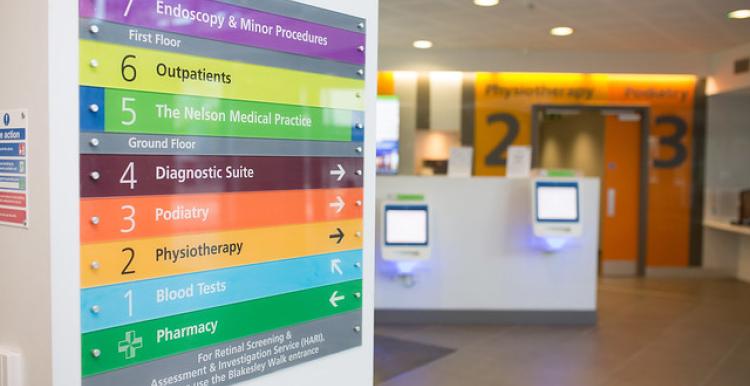CQC Report - National Review of Maternity Services in England 2022-2024
The CQC reviewed 141 units across the NHS and highlighted widespread issues with staffing, buildings, equipment and safety management processes. They warn that preventable harm is at risk of becoming 'normalised'.

Overview:
- Of the 131 locations inspected by the CQC from August 2022 to December 2023, almost half were rated as requiring improvement (36%) and inadequate (12%). Only 4% were rated as outstanding.
- No services inspected were rated as outstanding for being safe and 47% were rated as requiring improvement for the kay safety question.
Responding and learning from incidents:
- More work is needed to improve how services report, learn and communicate with women following patient safety incidents. Often incidents are seen as discrete 'events' rather than symptoms of systemic problems.
Risk assessment and triage:
- The CQC found significant variation for maternity triage as there are no national targets or standards for this area.
- The CQC found instances where the triage phone went unanswered and when people arrived at hospital, issues with staffing and the triage environment meant some women were not assessed in a timely way.
- In some cases, delays in triage were so severe that women discharged themselves before being seen by a midwife or doctor
Recruitment and retention of staff:
- There are chronic issues around recruitment and retention of the maternity workforce. Staff are often not supported to carry out their roles with appropriate levels of training and many are leaving due to poor wellbeing.
- Midwifery applications for June 2024 were at their lowest for more than 6 years.
Estates and environment:
- Unsuitable maternity estates are a key barrier to high-quality care. Some maternity units are not fit for purpose and lack space, facilities and appropriate levels of life-saving equipment.
Inequalities and racism:
- There are significant differences in the way trusts collect and use demographic data to address inequalities in maternity services.
- According to MBRRACE-UK data, black women are still 2.8 times more likely to die during or up to 6 weeks after pregnancy compared with white women.
- At some trusts, staff and people using services experienced discrimination because of their ethnic background or issues associated with having English as a second language or not their preferred language.
Communication with women and families:
- Communication with women and their families is not always good enough, particularly for those with protected equality characteristics. This affects their ability to consent to treatment and can perpetuate levels of fear and anxiety.
- A cultural shift is needed so that all women are given the information they need, in a way they understand it, to make informed decisions and consent to treatment.
Read the full report here:
CQC: National review of maternity services in England 2022 to 2024